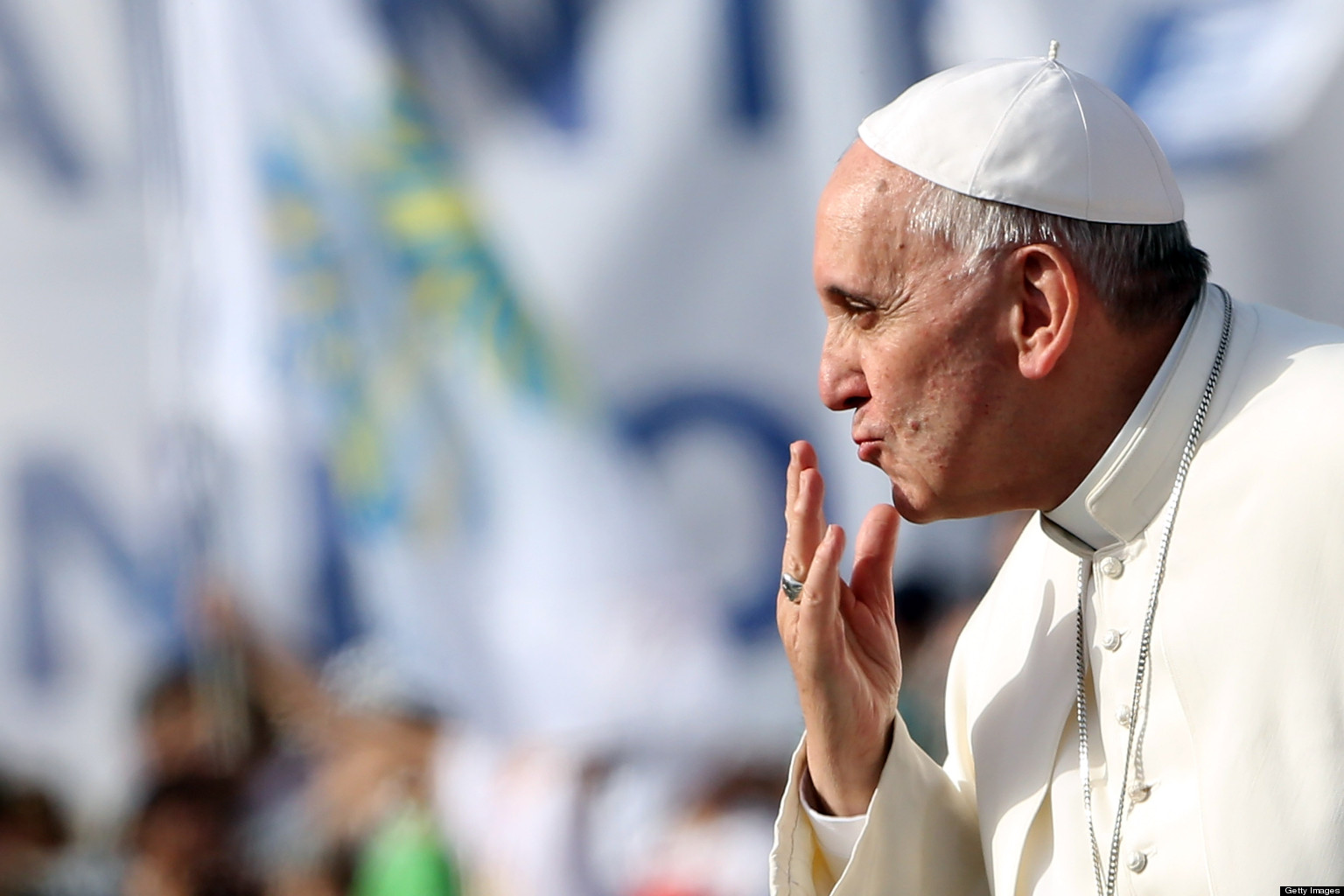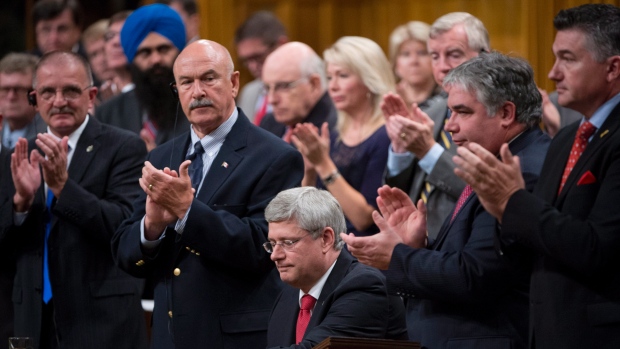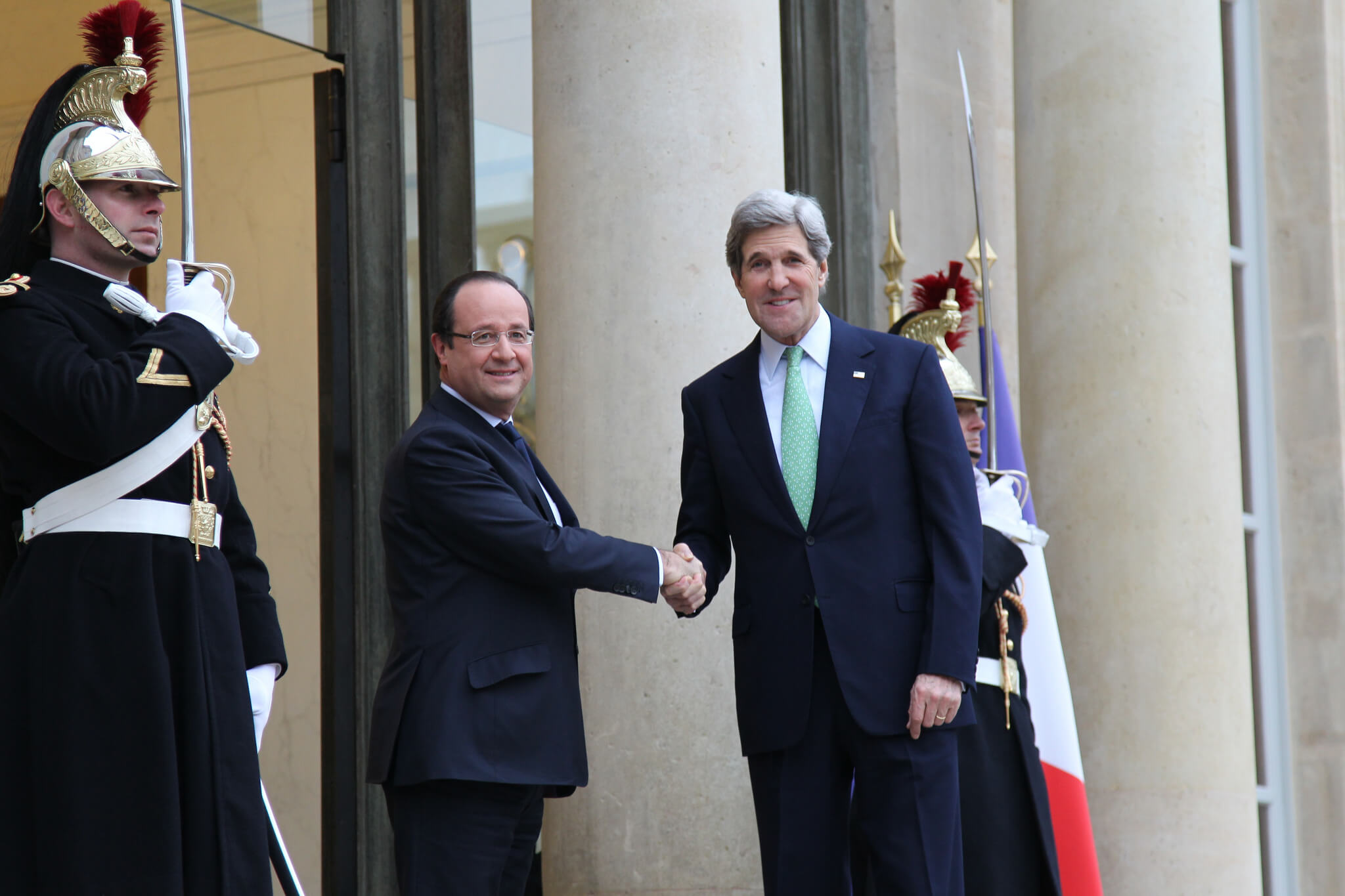Applauded globally for his refreshingly progressive stances on many issues, Pope Francis was the honoured and much acclaimed recipient of Time Magazine’s “Man of the Year” Award. However, the man’s sudden influx of liberal thinking did not prevent the Catholic Church from recently ruling against women’s acceptance into priesthood. Pope Francis himself stated that his stance on the ban was “definitive”. Despite his belief that women should be leaders in the Church’s administration and pastoral activities, the religious leader cited “the Church has spoken and says no … that door is closed”.
The pontiff further believes that Catholics who participate in ordaining women or attend masses held by female priests should be ex-communicated. Many were surprised by this seemingly radical stance given the Pope’s prior statements undermining traditional Church views on issues such as women’s reproductive health.
The question of women’s right to priesthood is not a new one. The late Pope John Paul II was equally confronted with the matter, responding with his own ruling in 1994. The latter argued that biblical texts only ever showed Jesus choosing men as his apostles. “It also shows clearly”, the ruling stated, “that Christ’s way of acting did not proceed from sociological or cultural motives peculiar to his time”, allowing for Jesus’ recorded actions to apply, in the eyes of the Church, timelessly.
The Church also prepared its defence against accusations of misogyny. “The non-admission of women to priestly ordination”, the 1994 ruling cited, “cannot mean that women are of lesser dignity, nor can it be construed as discrimination against them. Rather, it is to be seen as the faithful observance of a plan to be ascribed to the wisdom of the Lord of the universe. […] They are the holy martyrs, virgins and mothers of families, who bravely bore witness to their faith and passed on the Church’s faith and tradition by bringing up their children in the spirit of the Gospel”. A woman’s service to the Church is therefore controversially limited to dying as a martyr and raising faithful, Catholic children.
When it comes to recognising women’s contributions, the Church has a long history of unequal treatment and endless debates. For instance, nuns active in their communities did not get recognition for their services until 1900, under Pope Leo XIII. Nuns’ right to determine their own, community-aid strategies was only granted to them in 1962, under the Second Vatican Council.
Suprisingly, one of the few female Catholic leaders in popular consciousness — world famous Mother Teresa — was also against the ordainment of women. The inspirational figure quickly emerged as a divisive role model given her claim that women’s desire to be ordained stemmed only from an unhealthy jealousy.
The latter also licensed nuns’ right to protest – a right whose importance cannot be understated. Prior to the Vatican’s taking a more accepting stance on contraception, large Catholic families routinely “donated” extra children to the church to become priests or nuns. Given the unwelcoming labour market and terrifying maternal mortality rate, it is no wonder that “nunhood” was a popular option for young catholic girls in the early 19th century. With the following century’s World Wars and Great Depression, the number of children “donated” to the Catholic Church skyrocketed. By the 1960s, the number of active nuns was at an all-time high, and nuns were in a powerful enough position to start bargaining with the Church over nun autonomy. Their right to protest not only allowed this movement to gain momentum, but also allowed nuns to deepen their involvement in other social movements, such as the U.S. Civil Rights and Second Wave Feminism Movement.
The initial backlash against these reforms mainly questioned women’s commitment to their faith. Even nuns who had kept their vows for 50 years had their beliefs brought into question due to their new protest activities. Although most of these inquiries have since faded into a blurry backdrop, last year saw a group called “Nuns on a Bus”, who protest deportation in the USA, accosted for not being anti-abortion enough in their rhetoric.
Suprisingly, one of the few female Catholic leaders in popular consciousness — world famous Mother Teresa — was also against the notion of female priests. The inspirational figure quickly emerged as a divisive role model for feminists, some of whom disagreed with her claim that women’s desire to be ordained came only from an unhealthy jealousy. Mother Teresa often argued that the Virgin Mary was the greatest of priests not only because the Immaculate Conception, but also because she lived a life of humility, never seeking recognition. This particular argument was greatly echoed in the Church’s 1994 ruling, which stated that “the greatest in the Kingdom of Heaven are not the ministers but the saints”.
The public, however, is finding itself increasingly unconvinced by the above arguments. In fact, groups such as the Roman Catholic Woman Priests (RCWP) have seen a recent surge in popularity. In 2013, a Quinnipiac University poll revealed that at least 60 percent of American Catholics supported female ordination. Every year, hundreds of Catholics join congregations that explicitly recognise women’s right to priesthood — a right whose exercise sadly results in many aspiring nuns losing their pensions and being immediately excommunicated. As thrilled as the public may seem with the Church’s recent progressivism under Pope Francis, many are still waiting for another, long overdue step to be made for devout women everywhere.





